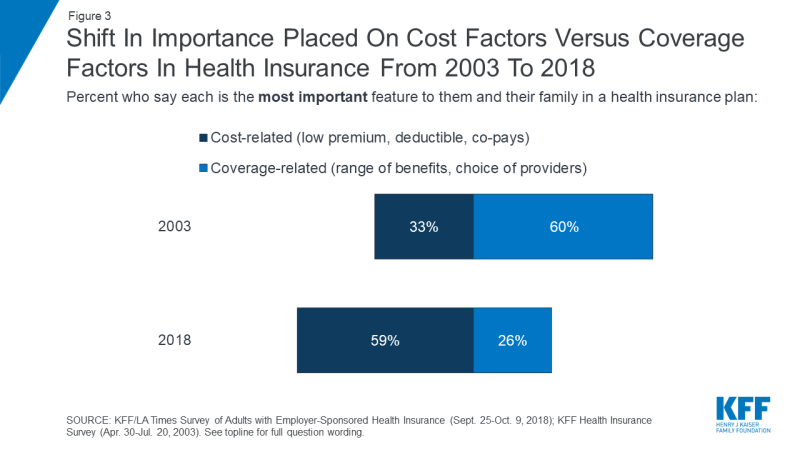President Donald Trump says he’ll unveil a plan to repeal and replace the Affordable Care Act (ACA) in two months time. But he’s failed to produce a viable plan for the last two years, and it’s unlikely a few more weeks will change anything.
“If we win back the House, we’re going to produce phenomenal health care,” Trump said in an interview with ABC News that aired Sunday night. “And we already have the concept of the plan, but it’ll be less expensive than Obamacare by a lot. And it’ll be much better health care.”
The statement comes ahead of a Tuesday rally in Orlando, Florida, where the president is expected to launch his presidential re-election campaign. Health care was a major issue in the last election, and is expected to be at the forefront again in 2020.
But if Trump was going to repeal and replace the 2010 health law, it would have been when the GOP had complete control of Congress. Throughout Trump’s first year in office, Republican lawmakers failed to move forward several plans to repeal Obamacare, thanks to opposition from activists, Democrats, and a few Republicans — including the late Sen. John McCain (AZ) and his iconic thumbs down on the Senate floor.
The GOP hasn’t been able to fulfill its years-long promise to repeal Obamacare because lawmakers refuse to reckon with the inevitable tradeoffs: lower costs could mean Americans have fewer benefits. If Republicans don’t want the federal government to front the cost of health care, then patients will have to pay. But Trump refuses to engage with this reality, simply telling ABC, “I’m very much for pre-existing conditions.”
The ABC News interview marks the second time this year that the Trump administration said it’ll soon release a new health plan. In April, Acting White House Chief of Staff Mick Mulvaney told Fox News Sunday, “You’ll see a plan here fairly shortly.”
Trump enlisted a few Senate Republicans to produce a health care plan this year, like Sen. Rick Scott (R-FL). But even Scott wasn’t interested in repealing Obamacare, saying in April that he’d rather improve it.
“We’re anxious to see what the president recommends,” said Senate Majority Leader Mitch McConnell (R-KY) on Fox & Friends on Monday.
The only health plan Trump seems to have was included in his most recent annual budget. In that 148-page document, the White House said it continues to support the “enactment of legislation modeled after the Graham-Cassidy-Heller-Johnson bill proposed in September 2017.” This plan would sunset Medicaid expansion, Obamacare subsidies, and let private insurance once again discriminate against patients with pre-existing conditions. The Congressional Budget Office estimated millions more would be uninsured under this plan.
While Trump says he’ll release a plan soon, he said Republicans won’t actually tackle health care until after 2020. Meanwhile, the federal courts may outlaw all of Obamacare, and the administration still doesn’t have a back-up plan.
A lot has changed since the last presidential election, so it doesn’t seem smart for Trump to recycle his initial campaign message of repealing Obamacare. For one, the law is a lot more popular now. In November 2016, about 43% of the public held a favorable view of Obamacare, whereas as in April 2019, 50% did, according to Kaiser Family Foundation polling.
The public also has a better understanding that the law impacts nearly everyone. This was evident after the last midterm elections, when Democrats ran on protecting people with pre-existing conditions and won back the House of Representatives.

As Trump uses the same message from his last presidential campaign, voters want to hear how candidates will address out-of-pocket costs. Leading up to the 2018 election, at least twice as many voters said they want candidates to talk about health care costs as compared to other health care issues, like universal coverage. That makes sense, given that deductibles (money a patient has to pay before insurance kicks in) rose eight times faster than wages between 2008 and 2018 for the millions of residents who get coverage through work.
Some of Trump’s policies are exacerbating the country’s underinsurance problem, where millions of people either skipped or delayed medical care because they can’t afford to pay the bills. The administration’s idea for lowering premiums has been to allow health care plans that cover less benefits, forcing patients to pay out of pocket for this care. Meanwhile, some Democrats running for president have a plan to eliminate out-of-pocket costs altogether: Medicare for All.


